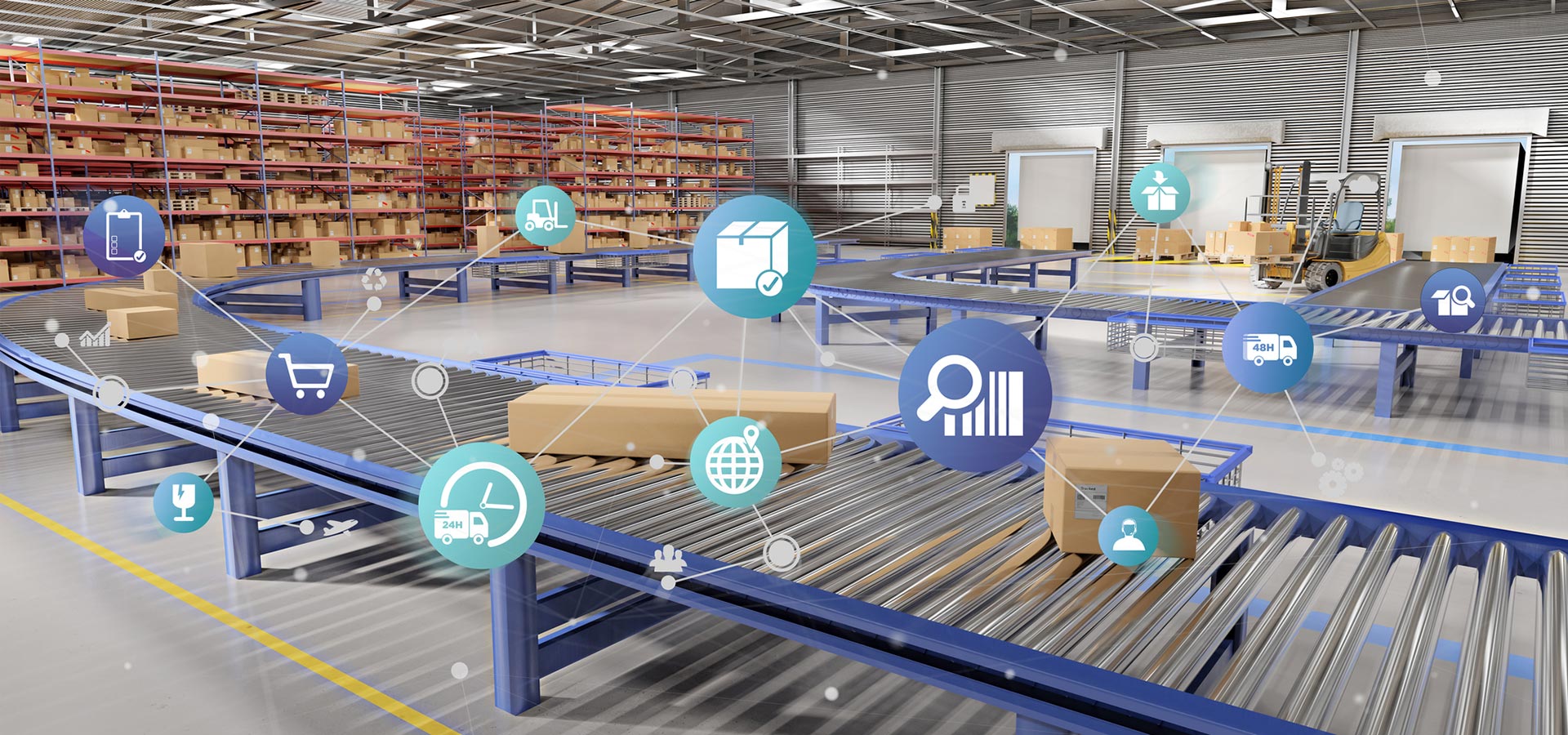
Five Challenges for Recruiting Supply Chain Professionals
Supply Chain recruiting has evolved to become one of the most complex, time-consuming, and important recruitment efforts across industries. As logistics and supply chain management become increasingly vital to the global economy, the challenges in finding and retaining top talent grow more complex.
Finding people who have the knowledge, skill, innovation capacity, and drive to stay on top of it all is essential to driving continued growth and achieving business objectives. Add to that, the rapidly changing nature and volatility of most companies’ now global supply chain – you have a scenario that would challenge the best of us.
To help you understand the most important aspects of the industry that we see as critical to your supply chain management success we are sharing our top 5 challenges in supply chain recruitment in 2024.
Global Talent Shortages in the Supply Chain Industry
The demand for highly qualified, knowledgeable professionals in the supply chain industry is soaring. According to the Bureau of Labor Statistics, the logistics sector is set to expand rapidly, creating a shortfall of qualified logisticians. That means that we can expect about 21,800 openings for logisticians each year over the decade.
Another study sponsored by Descartes Systems Group (Nasdaq: DSGX) (TSX: DSG), the global leader in uniting logistics-intensive businesses in commerce, found that 76% of supply chain and logistics leaders surveyed are experiencing significant shortages in their supply chain workforce. The survey titled How Bad Is the Supply Chain and Logistics Workforce Challenge? Went on to report that 37% of respondents would categorize their shortage as high to extreme.
Dealing with talent shortages will continue to be a major challenge for organizations dependent on cutting-edge supply chain processes, technology, and talent in the foreseeable future.
Evolving Supply Chain Roles
Automation and technological advancements are reshaping traditional supply chain roles. While automation streamlines operations, the need for professionals adept at managing complex global networks remains critical. Today’s supply chain leaders must possess strategic foresight, technological proficiency, and the ability to drive digital transformations to meet evolving industry demands.
Future leaders within the supply chain industry need deep experience in traditional skills like data analysis and reporting, inventory planning, and distribution and warehouse management but the real differentiator for top candidates that have their pick of the job market will bring financial acumen, collaboration skills, and multi-level team management capabilities to the table. This combination of skills will be required across all of the top jobs that are in high demand, including Logistician, Transportation Manager, Procurement Manager, Distribution Manager, and Industrial Production Manager.
Attracting Top Talent
In a fiercely competitive job market, attracting and retaining top talent is a significant hurdle. A survey by MHI reveals that 57% of supply chain executives struggle with recruiting qualified personnel. Organizations must differentiate themselves by offering attractive career advancement opportunities, fostering innovative cultures, incorporating hybrid work schedules and investing in continuous training and development to appeal to top-tier candidates.
Those organizations that want to be on the shortlist for attracting top talent need to consider that talent has a supply chain as well. What makes your supply chain more attractive to top talent than your competitors?
Managing Technological Impact
Integrating advanced technologies such as AI, IoT, and blockchain in the supply chain processes requires skilled professionals capable of harnessing these tools effectively. Companies must proactively adapt their recruitment strategies to attract tech-savvy talent capable of leveraging emerging technologies to enhance operational efficiency and competitiveness.
Training and developing people can be a differentiator when it comes to not only excelling in talent acquisition and retention but also helping close gaps in the flow of qualified candidates into your organization and allowing for quicker adoption of new technology.
Retaining Top Talent
Providing opportunities for career growth, creating a supportive work environment, and implementing effective retention strategies are essential. Organizations that prioritize employee development and offer a conducive workplace culture are better positioned to retain their top talent and mitigate turnover risks.
Upskilling and re-skilling current employees, combined with attracting new talent to the organization, can ultimately create a competitive advantage for those willing to take the time and money to invest in its people. According to a recent LinkedIn report, 94% of employees would stay at a company longer if it invested in their careers. When attracting highly skilled executive candidates, you must question whether highly-qualified leaders are more likely to consider your organization when they can expect low turnover, happier employees, and a built-in process to retain talent in such a volatile, competitive job market.
In conclusion, addressing these challenges requires proactive measures such as targeted recruitment campaigns, ongoing skills development, and cultivating a workplace culture that fosters innovation and growth. By tackling these issues head-on, organizations can build resilient supply chain teams capable of navigating the complexities of modern logistics effectively.
